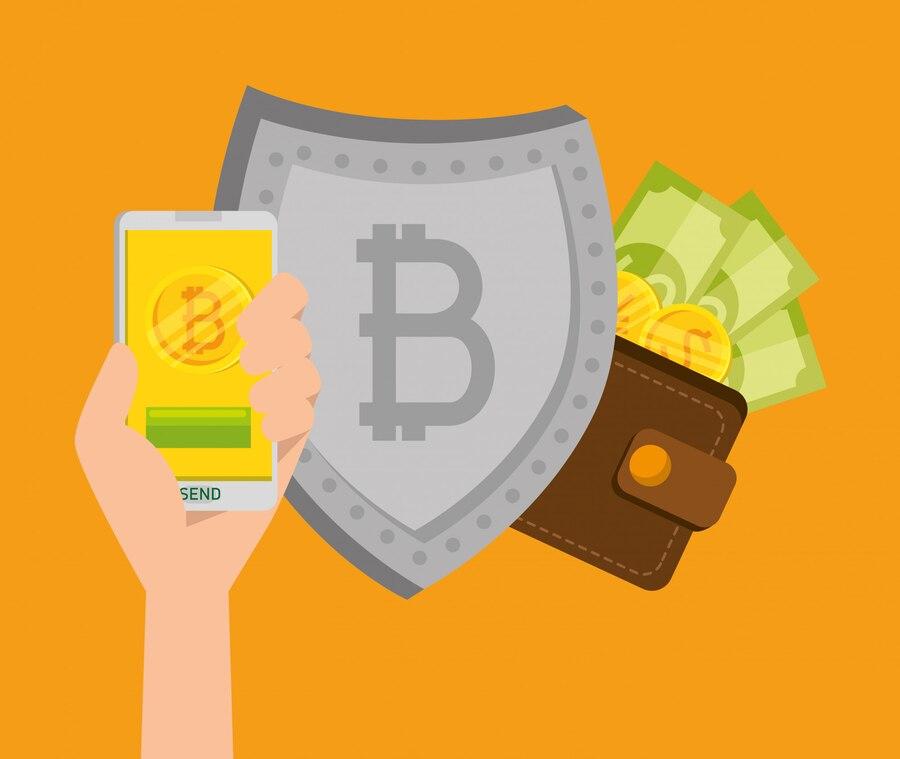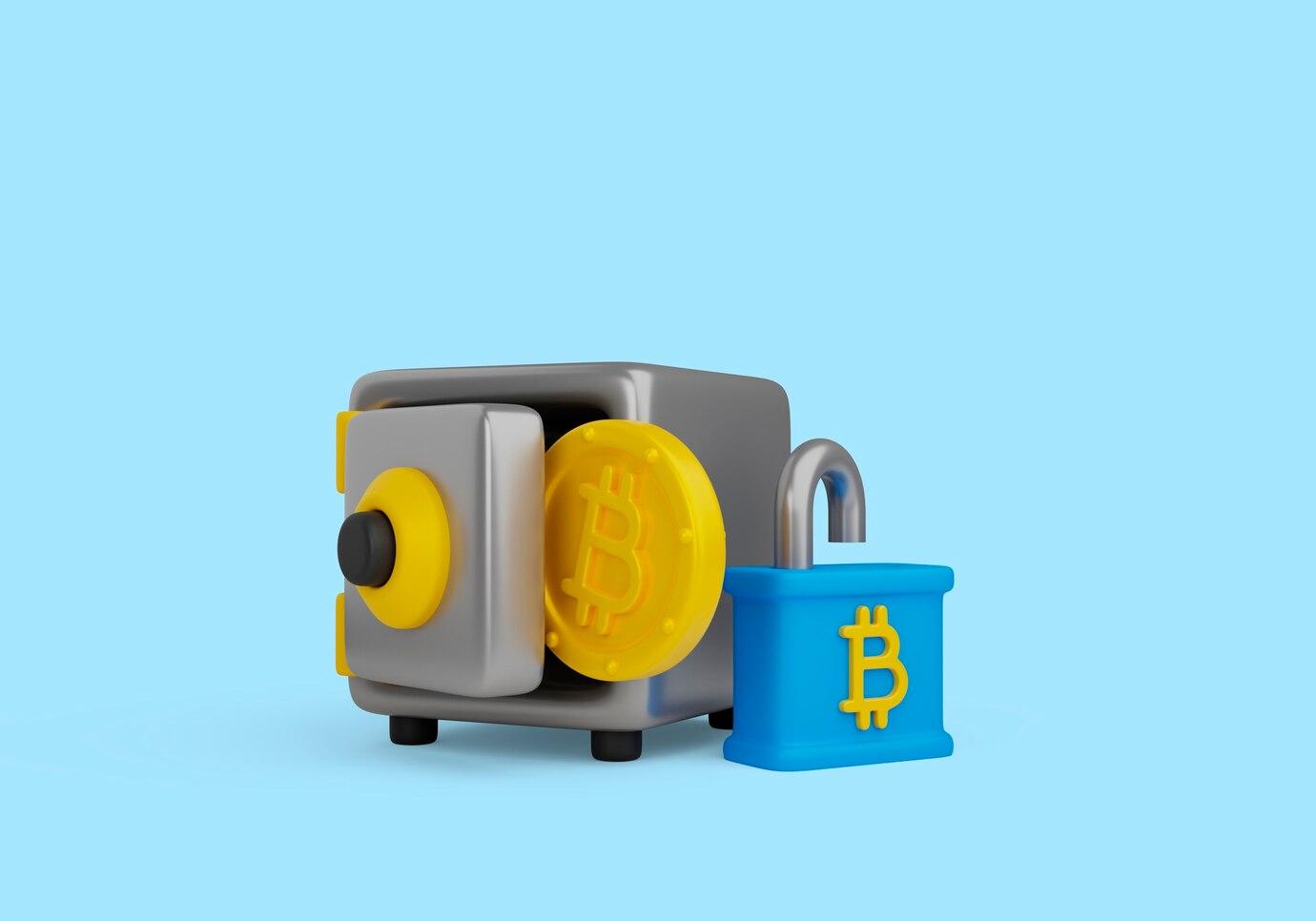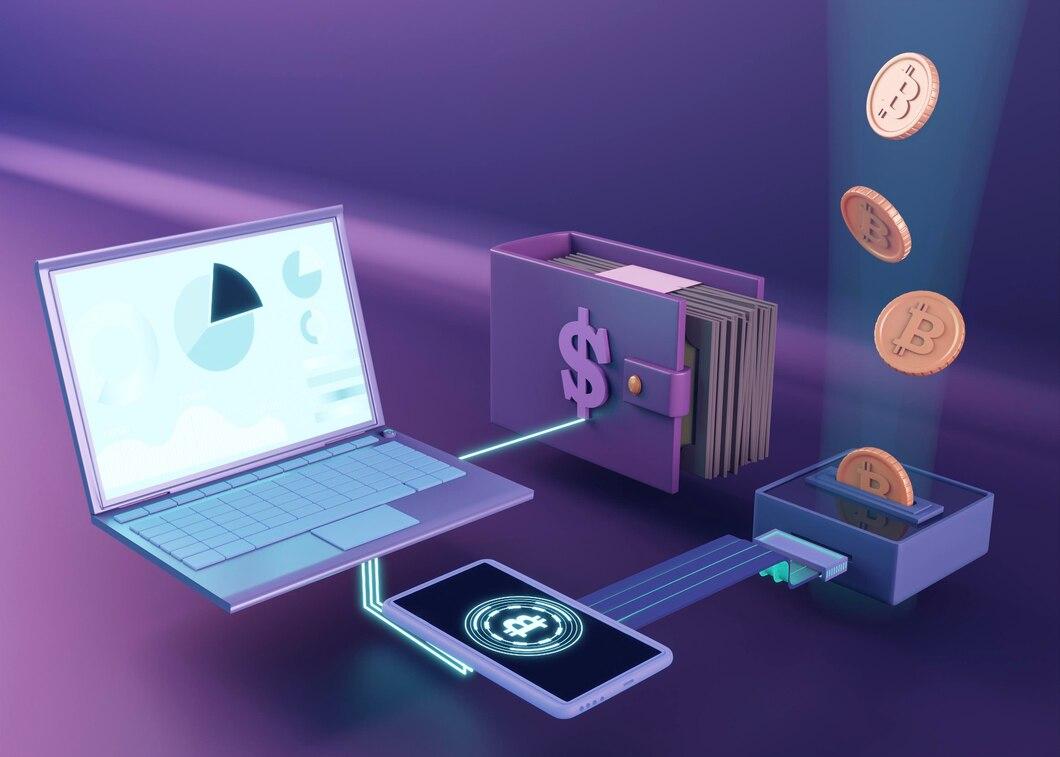In recent years, the world of cryptocurrency has attracted more and more investors, users, and enthusiasts. However, behind the rapid growth of this industry lie numerous fraudulent schemes. Schemes related to crypto wallets and cold storages are especially relevant.
Cryptocurrency is a digital currency based on blockchain technology. It allows users to exchange values without the involvement of third parties, such as banks or government institutions. Crypto wallets are the main tools for storing and managing cryptocurrencies. They can be "hot" (connected to the internet) or "cold" (offline storages).
Crypto Wallets: Types and Risks
Crypto wallets are divided into several types: software, hardware, and paper. Software wallets are convenient for frequent transactions but are susceptible to hacking. Meanwhile, hardware wallets, which are cold storages, provide a high level of security, but even they are not immune to fraud.
Hot Wallets
These wallets are connected to the internet and are convenient for trading and quick access to funds. However, it is their vulnerability that attracts scammers the most. For example, hackers can exploit software vulnerabilities or user negligence to gain access to their funds.
Cold Wallets
Cold wallets are generally protected from online threats. However, scammers use various schemes to trick users into giving up their funds. Even the most secure storage locations are not completely invulnerable.

Fraud Schemes with Crypto Wallets
There are many schemes used by scammers to steal cryptocurrency. Let's look at some of the most common methods.
Phishing
Phishing is one of the most popular fraud methods, which involves creating fake websites. Scammers create sites that look like official crypto exchanges or wallets. The user, unsuspecting of danger, enters their data, and the scammers gain access to their funds.
Phishing emails are also a common practice. Attackers send emails that look like messages from real companies and ask to confirm personal data or transfer funds via a link.
Cold Wallet Hacking
Even though cold wallets are considered one of the safest ways to store cryptocurrency, they can also fall victim to scammers. For example, attackers can try to access devices by installing malware.
It is important to remember that hardware wallets should only be purchased from official dealers. Buying a device from dubious sources can lead to its replacement with a fake one that already contains malware.

Crypto Exchange Scams
Fraud with crypto exchanges is also not uncommon. Attackers can create a fake exchange with an attractive rate and lure users by promising high returns. After funds are deposited, the scammers disappear with all the money.
There are also schemes where scammers use legitimate exchanges but manipulate rates to force users to conduct transactions under unfavorable conditions.
Theft of Cryptocurrency
Theft of cryptocurrency has become a global problem. According to analytical companies, losses from crypto fraud in 2022 reached over $14 billion. This figure is steadily growing, and scammers are using more sophisticated schemes to deceive victims.
Cybercrime in the cryptocurrency sphere often crosses country borders, making investigations more complex. Scammers use offshore zones and anonymous services to hide their activities.

Protection from Cryptocurrency Scammers
There are several methods to protect your savings from scammers. The responsibility for the security of funds lies entirely with the cryptocurrency owner. Here are some recommendations to help strengthen protection.
When choosing a wallet, prefer well-known and proven options, especially when it comes to cold storage. Purchase hardware wallets only from authorized sellers. Such devices have built-in protection and are regularly updated.
Regularly update the software of your crypto wallets and devices. Manufacturers often release patches to protect against new vulnerabilities. Use up-to-date versions of applications and secure protocols for connections.
Navigate with caution. Never click on suspicious links and check URLs before entering your data. If you receive an email requesting personal information, it's better to go to the site directly by entering the address in the browser's address bar.

Scams with Crypto Wallets
Scams with crypto wallets have taken on large-scale forms in recent years. Scammers devise new ways to manipulate users. For example, using so-called "friends" on social media to gain access to accounts.
People trust acquaintances and may provide them with data to access their funds. In such cases, it is important to explain to your loved ones that no requests for the transfer of confidential information should be trusted.
Fake Hardware Wallets
Fake hardware wallets appear on the market that look like originals. Scammers may use deceptive schemes, offering them at reduced prices. In reality, these devices can be set up to steal money so that their owners do not even notice.
Before purchasing, pay attention to details. Check reviews and ratings of sellers. Use only well-known platforms for purchases and compare prices.

How to Protect Crypto Savings
Protecting your crypto savings can be a challenging task, but the following information will be helpful for anyone who wants to preserve their funds.
Study the risks associated with crypto investing and stay informed about new fraud schemes. Reading news and participating in specialized forums will help you stay informed about current issues.
Do not keep all your funds in one wallet or on one platform. Use several different storage methods. Diversification can protect you from losses in case of fraud or technical issues.
Regularly create backups of your wallets. This will allow you to restore your funds in case of losing access to your main wallet. Keep backups in a secure place, such as an external drive.
Fraud schemes with crypto wallets and cold storages pose a serious threat to cryptocurrency users. However, by following simple precautionary measures and staying informed, you can protect your savings.
